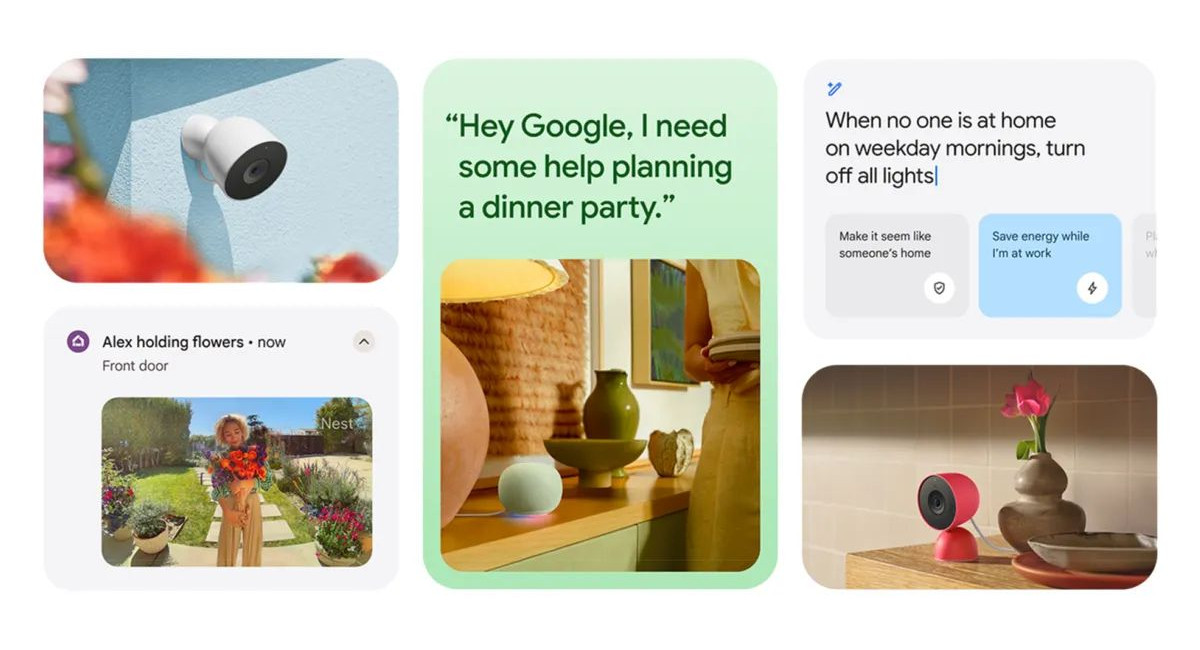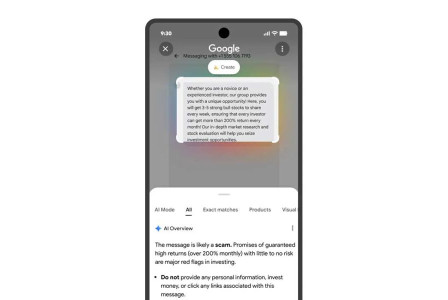SEARCH
Google retires assistant and introduces Gemini for Home

SHARE IT
Google is taking a major step forward in the smart home arena with the launch of Gemini for Home, an AI-powered upgrade that replaces the long-standing Google Assistant across smart speakers, displays, and connected devices. The announcement comes just as Amazon unveiled its latest Echo lineup featuring Alexa+, setting the stage for a renewed battle over who will dominate the AI-driven household.
For nearly ten years, Google Assistant has been the company’s primary voice interface for smart devices. But with the debut of Gemini for Home—unveiled alongside the Pixel 10 series, Buds 2a, and Pixel Watch 4—Google is signaling the start of a new chapter.
While the familiar wake phrase “Hey Google” remains intact, what follows after those words feels distinctly different. In a blog post, Google explained that Gemini for Home is designed to be more conversational, intuitive, and capable of understanding context. Instead of processing rigid voice commands, the assistant can now engage in fluid, back-and-forth interactions that more closely resemble natural conversation.
One of the standout changes is Gemini’s ability to maintain context across exchanges. This means you no longer need to repeat yourself when asking follow-up questions or clarifications. Whether you’re adjusting lights, setting timers, or asking for song recommendations, the assistant remembers the flow of the conversation and responds accordingly.
Adding to that sense of realism, Gemini introduces ten new voices, each with natural pacing, varied intonation, and a more human-like cadence. The shift is subtle but helps the assistant feel less robotic and more like an approachable helper.
Google says Gemini is designed to handle the types of tasks that most families rely on daily: playing media, coordinating activities, and managing smart home environments. What makes it stand out is the way you can describe what you want without needing to recall exact details.
For example, instead of trying to remember an artist’s name, you can say, “Hey Google, play a song from the movie where humans go to a different planet,” and Gemini will figure it out. The assistant can also handle nuanced smart home requests like, “Turn off all the lights except the kitchen,” or “Switch on the lights near the stove while I cook.”
It doesn’t stop there. Gemini also helps with household organization by reasoning through more complex tasks. In the past, creating a shopping list might have required step-by-step commands. Now, a single request such as, “Hey Google, add ingredients for Pad Thai to my shopping list,” prompts Gemini to work out the recipe, ask clarifying questions about dietary restrictions or serving sizes, and then automatically compile the necessary items.
Among the new features is Gemini Live, which allows for continuous, more natural conversations without the need to repeat the wake word before every request. This creates a smoother, hands-free experience when juggling multiple questions or tasks.
Another addition, Ask Home, takes natural language commands further by allowing users to manage automations and broader smart home setups through either voice or text. From scheduling routines to adjusting thermostat settings, Ask Home makes home management more intuitive.
Gemini for Home also extends its intelligence to smart cameras and security devices. Motion alerts now come with added context, helping distinguish between everyday activity and potentially important events. The assistant can also summarize footage into digestible updates through a feature called Home Brief, while letting users quickly search video history for key moments.
This means instead of scrolling through hours of footage, you could ask Gemini to find when a package was delivered or when a specific person entered the frame, and it will locate those clips instantly.
Google has confirmed that Gemini for Home will be available on nearly all of its smart devices released over the past decade, including speakers, displays, cameras, and doorbells. Early adopters can sign up through the Google Home app (version 4.0 or later) by going to their profile, selecting Home settings, and opting into the Early Access program. Once enrolled, users will be notified when they can start using the new assistant.
However, not all features will be free. Premium capabilities—such as Home Brief summaries, Gemini Live conversations, AI-powered notifications, advanced automations, and video history search—will require a Google Home Premium subscription, which starts at $10 per month.
MORE NEWS FOR YOU

 Help & Support
Help & Support 

